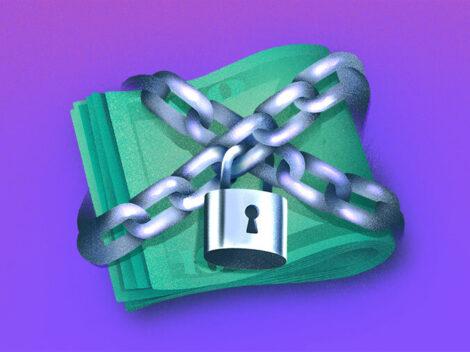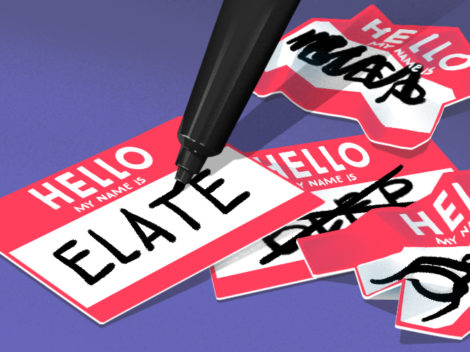Is convenience and saving a few dollars really going to be worth the price we pay for shopping on Amazon? My guess is that this coming year, we’re going to see more people – and more startups – find their way back to community.
Follow Crunchbase News on Twitter
With the holidays just behind us, I’ve admittedly taken advantage of Amazon Prime as much as the next person. With its promise of two-day shipping, it has come in handy—except when it hasn’t.
There’s been more than one occasion in the past month or so that I’ve ordered something for my mother and it has either been late or lost. And I’m not the only, according to this Fast Company piece.
But I digress.
Amazon’s been in the headlines lately because of accusations of being a monopoly as well as for its questionable seller practices. On Dec. 18, The American Genius reported that the ecommerce giant is launching an initiative called One Vendor that essentially “tells companies that they can no longer sell directly to consumers on Amazon Marketplace.” This gives Amazon even more control than it already has over independent sellers, and it’s not sitting well with some of them, Recode reported.
I have a love-hate relationship with Amazon. Like millions of others, I do like the variety of products on its site, and the fact that I can have things shipped relatively quickly. But I am also realistic about what the company’s done to so many retailers, big and small, over the years. Essentially (seemingly with little remorse) shutting down businesses left and right.
Greycroft co-founder Alan Patricof told CNBC earlier this year that while he believed Amazon was “not necessarily” a bad company, he did think “empty storefronts and the country’s worsening drug epidemic” were “evidence of communities breaking down,” a trend he said Amazon “helped advance.”
“There are empty stores all over because people are pressing buttons and buying and Amazon is leading the way,” Patricof told CNBC’s Squawk Alley. “Do we want to destroy the neighborhood and neighborhood stores?”
The shift is already happening, and recent funding rounds point to the appetite of both consumers and investors for merchandise that is personal, local, and fresh. Last week, I wrote about how wholesale marketplace Faire secured $100 million at a $535 million valuation. Faire launched nearly two years ago to try and help local retailers and makers “break free from the inefficiencies of an antiquated wholesale model.” The startup has also reached $100 million in run rate sales, so it must be doing something right. My colleague, Jason Rowley, also covered the news that Minted, an online marketplace for home goods, art, and stationery designed by independent creators, announced it had raised $208 million in Series E financing.
So, what does this mean? It means that not everyone simply wants easy, not everyone wants to buy online, and not everyone wants to buy a product that thousands of other people already own.
When shopping for Christmas, I have in recent years – like many– done most of my shopping via the internet. But a couple of weeks ago, my young son asked me to take him to the mall. There, I saw a wonderful hand-carved wood gift that I scooped up for my mother. This week, I gift-wrapped it, went to the Post Office and (gasp!) mailed it to her along with an actual card and photos of my kids. It had been a long time since I’d done that instead of just ordering her something online or texting over pictures. And as I see people like dear friends whose careers are based on selling things they make by hand (like gorgeous macrame hangings and beautiful jewelry) and hand-delivering them to customers, I’m encouraged.
So in 2019, I expect we’ll see more startups that are focused on helping local and small businesses succeed get funding. And I say, Bravo! Let’s go back to shopping local more often. It might just make the world a more friendly place.
Illustration: Li-Anne Dias

Stay up to date with recent funding rounds, acquisitions, and more with the Crunchbase Daily.







![Illustration of a tidal wave - Asia - Quarterly Reports [Dom Guzman]](https://news.crunchbase.com/wp-content/uploads/Quarterly-Asia-2-300x168.jpg)
![Illustration of a tidal wave - Europe - Quarterly Reports [Dom Guzman]](https://news.crunchbase.com/wp-content/uploads/Quarterly-Europe-2-300x168.jpg)


67.1K Followers